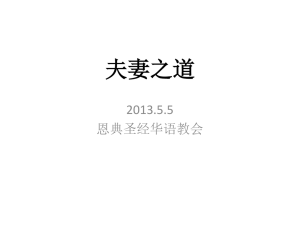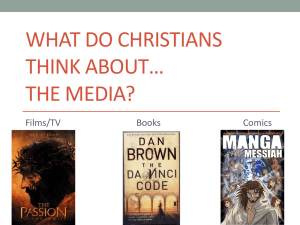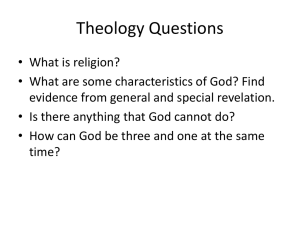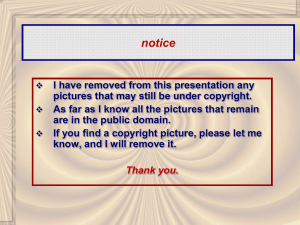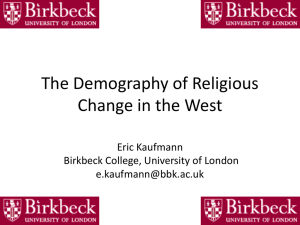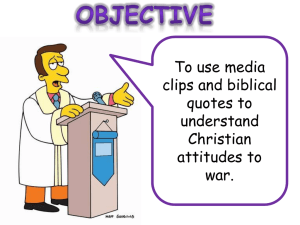Plight of Middle Eastern Christians
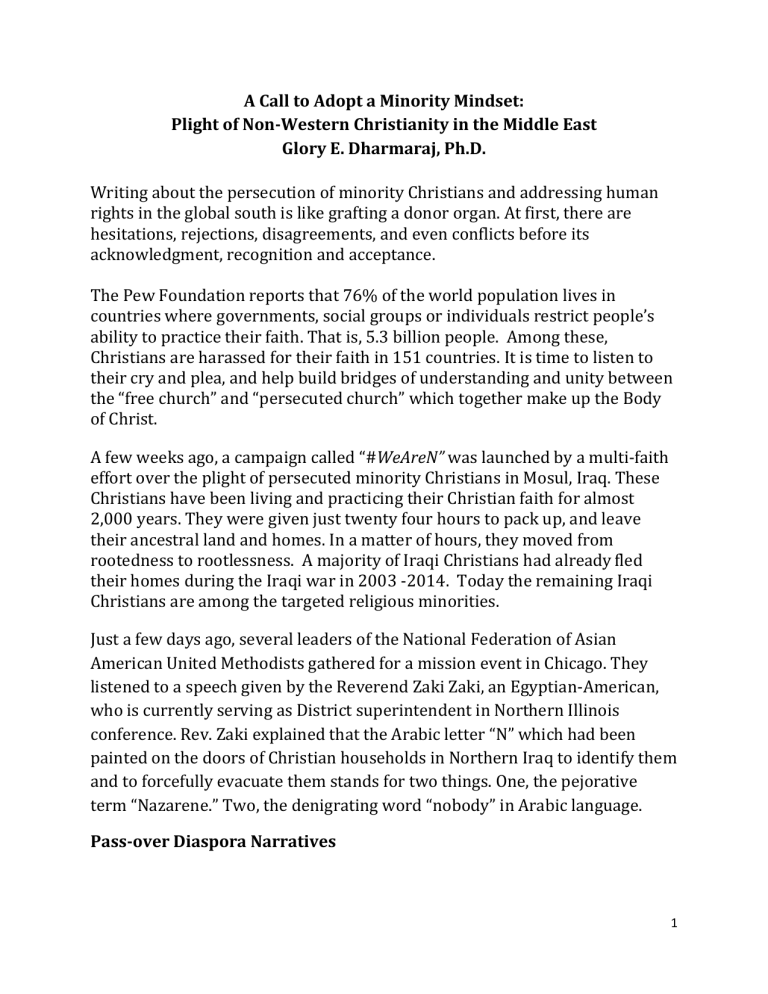
A Call to Adopt a Minority Mindset:
Plight of Non-Western Christianity in the Middle East
Glory E. Dharmaraj, Ph.D.
Writing about the persecution of minority Christians and addressing human rights in the global south is like grafting a donor organ. At first, there are hesitations, rejections, disagreements, and even conflicts before its acknowledgment, recognition and acceptance.
The Pew Foundation reports that 76% of the world population lives in countries where governments, social groups or individuals restrict people’s ability to practice their faith. That is, 5.3 billion people. Among these,
Christians are harassed for their faith in 151 countries. It is time to listen to their cry and plea, and help build bridges of understanding and unity between the “free church” and “persecuted church” which together make up the Body of Christ.
A few weeks ago, a campaign called “#WeAreN” was launched by a multi-faith effort over the plight of persecuted minority Christians in Mosul, Iraq. These
Christians have been living and practicing their Christian faith for almost
2,000 years. They were given just twenty four hours to pack up, and leave their ancestral land and homes. In a matter of hours, they moved from rootedness to rootlessness. A majority of Iraqi Christians had already fled their homes during the Iraqi war in 2003 -2014. Today the remaining Iraqi
Christians are among the targeted religious minorities.
Just a few days ago, several leaders of the National Federation of Asian
American United Methodists gathered for a mission event in Chicago. They listened to a speech given by the Reverend Zaki Zaki, an Egyptian-American, who is currently serving as District superintendent in Northern Illinois conference. Rev. Zaki explained that the Arabic letter “N” which had been painted on the doors of Christian households in Northern Iraq to identify them and to forcefully evacuate them stands for two things. One, the pejorative term “Nazarene.” Two, the denigrating word “nobody” in Arabic language.
Pass-over Diaspora Narratives
1
We are in a tremendous transition worldwide. Minority religious communities live under fear and threat of violence, persecution and genocide in many parts of Asia. The resurgence and spread of religious fundamentalisms challenge societies, cultures, nation-states, and other local identities.
These crises raise difficult questions about the nature of Christian mission in today’s context, unity in the mystical Body of Christ, and participation in the global nature of the Church.
On the home front, we are faced with our own challenges and concerns. As a church and society, we are in the midst of an unprecedented meeting place of post-Christian west and non-western Christianity. We are going through the seismic shifting of the center of gravity of global Christianity, right from our midst to the global south. In this context , we, the people called United
Methodists, strive to bridge the gulf between the local church and worldwide church.
As a first step, I submit, we need to gain knowledge about other religious faiths and their adherents. The more we engage in conversation with others, the greater the contribution we can make. We have to be able to be genuinely touched by what others say.
We must also acknowledge openly that the gospel belongs to the whole world, not simply to one part of it.
Finally, we must let the world know that the Body of Christ is indeed one. Too often we are perceived as inwardly focused communities with our own subcultures. Through the process of institutionalization, we spend an inordinate amount of time, efforts and energy on building ourselves up. The current global situation warrants us to let the world know that we are one and a part of the Body of Christ.
The Majority and Minority Christianity not oppositional
According to the Pew Foundation, Christians remain by far the largest group of immigrants who arrive in the U.S. In Chicago metro alone, there are over
2
30,000 Middle Eastern refugees including Assyrian, Chaldean, Egyptian, and
Syrian Christians.
It will be extremely helpful to include non-Western Christians as a category, as part of the Christian presence, as we strive to grapple with the global nature of the church. The meeting of the two key entities in our midst is real. The mainline Christianity mostly in our pews and the non-Western forms of
Christianity brought to us by recent immigrants to our worship places. These two are not to be seen as oppositional realities. It is a joyous reality in this historical moment that calls for celebration. The destiny of the majority and minority Christians is interrelated. It is part of being one human reality.
In order to move from the local to the transcultural, I submit, we create a meta-mission theology which transcends our culture and context. Based on scripture and discipleship, this new theology will not only speak to the world for the church, but will, also, speak to the church for the world. The readily available United Methodist diasporic communities can help us live into this praxis.
Adopting a Minority Mindset
The world around us also has given the church a mandate: Build communities of peace, harmony, and good relations beyond boundaries.
The need of the hour is not being more religious but being more human to listen to the cry of the victims.
For an ability to see through the eyes of the vulnerable and the victims, the apostles call us to adopt a pilgrim, even a minority mind set (Philippians 3: 10,
I Peter 2: 1, 11). Jesus, the victim-advocate, identifies himself with the least of
these who are denied their basic rights. He beckons us to move from the center to the margins in order to practice costly discipleship. Let us learn and adopt a minority mindset in times such as this:
Let us move from a crusading mindset to a “crucified” mindset.
3
Let us stand in solidarity with the victims by lamenting with the orphan and the oppressed, and pray that the aggressors “strike terror no more”
(Psalm 10: 18)
Let us amplify the cries of the victims and raise awareness, and work on peace strategies
Let us help uphold their God-given human rights
Let us do mission out of a self-emptying, Christ-like mindset
To embody a minority mindset is an at-risk calling. “An Open Letter to the
Secretary General, Ban Ki-moon on the fate of Mosul Christians” (Daily Star,
Lebanon August 8, 2014), signed by both Christians and Muslims in Lebanon, pleads for action saying, “Uppermost on the priority scale should be the security and preservation of actual as well as potential victims in their native lands and homes, and the cessation of demographic hemorrhaging whether in the form of displacements within the region or outright emigration beyond it.
The burgeoning and scandalous Middle Eastern refugee phenomenon must be ended.”
May we, too, stand in solidarity with the Mosul Christians in the time of their need, and with all those whose rights are violated because of their identity and faith for “until everyone is free, no one is free.”
Glory Dharmaraj is the executive director of Interfaith Mission Institute for the National Federation of Asian American United Methodists.
4
